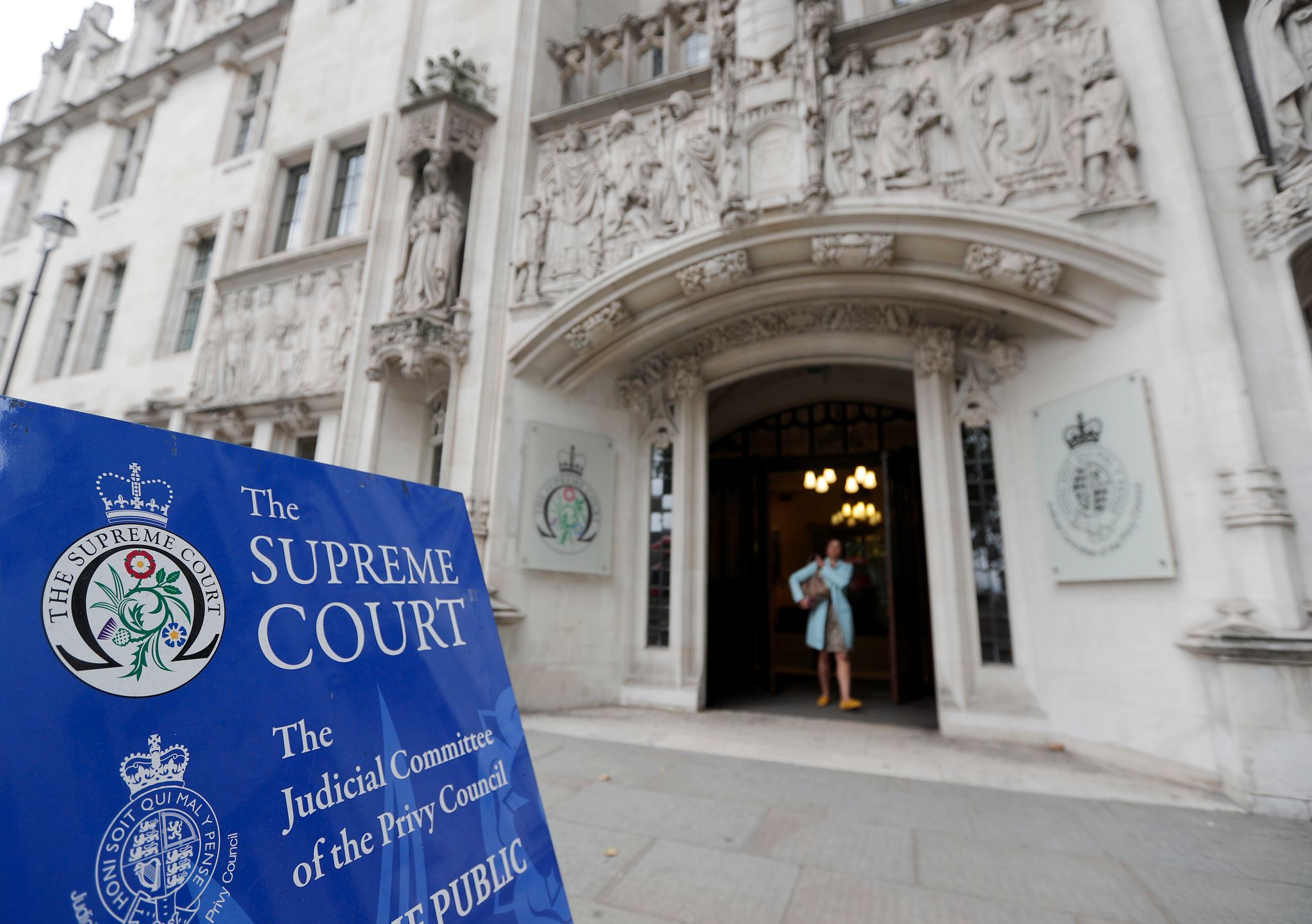A 50-year-old history teacher from Surrey, Vanessa Brown, was arrested and detained for over seven hours after confiscating her two daughters’ iPads, in a case that has drawn widespread attention. Wrongly accused of theft, the incident has raised questions about police resource allocation and highlighted tensions in parent-child relationships in the digital age.
The Incident: From Discipline to Arrest
The ordeal began when Brown took her daughters’ iPads to help them focus on their studies and curb screen time. However, a man in his 40s—believed to be her former partner—reported the devices as stolen. Using tracking technology, police traced the iPads to Brown’s mother’s home in Cobham. When Brown denied knowing the devices’ whereabouts, she was arrested on suspicion of theft. She was taken to a police station, searched, photographed, fingerprinted, and briefly barred from contacting her daughters, nearly missing Mother’s Day with them. Shockingly, officers also visited her daughters’ school, removing one child from class for questioning, and even briefly treated Brown’s elderly mother, in her 80s, as a suspect.
After investigation, police confirmed the iPads belonged to Brown’s daughters and that she had every right to confiscate them. The case was dropped, but the experience left Brown traumatised. She described the ordeal as causing “indescribable distress” and criticised the police’s heavy-handed approach, which she said caused unnecessary harm to her and her daughters.
Police Resource Allocation Under Scrutiny
The case has reignited debate over how UK police allocate their resources. With budgets stretched and officer numbers strained, the public often complains of slow responses to crimes like burglary or violence. Yet, in this domestic dispute, police swiftly deployed tracking technology and made an arrest, prompting accusations of misplaced priorities. Gavin Stephens, chair of the National Police Chiefs’ Council, has noted that some 6,000 frontline officers have been reassigned to non-emergency roles due to funding pressures, weakening community policing. Critics question why such resources were devoted to a minor family matter when more serious crimes often go unaddressed.
The incident also exposed a lack of sensitivity in handling cases involving minors. While UK law prioritises child welfare, police appeared to overlook the family context, criminalising a routine act of parenting. This has fuelled calls for better judgement in similar cases.
Parenting Challenges in the Digital Age
Beyond policing, the incident sheds light on the complexities of parent-child relationships in the digital era. Brown’s decision to confiscate the iPads aimed to promote her daughters’ academic focus, but it sparked a conflict that escalated dramatically. Research shows UK teenagers are increasingly reliant on digital devices, and parental efforts to limit use often lead to friction. The involvement of the man who reported the “theft” suggests underlying tensions, possibly between estranged parents, may have fuelled the dispute.
Brown has spoken of the emotional toll on her family, noting that the police’s actions—such as questioning her daughter at school and restricting contact—may have shaken her daughters’ trust in her. As a single mother, she now faces heightened challenges in navigating parenting pressures.
Public Reaction and Broader Questions
The story, widely covered by the media, has sparked heated discussion. Many argue police should prioritise high-risk crimes over intervening in family matters, while others call for greater clarity on parents’ rights to discipline in the digital age. The case has become a flashpoint for examining the role of police, the boundaries of parenting, and the impact of technology on family life.
Brown is now focused on rebuilding her life and hopes her experience will prompt police to handle such cases with greater care. “I was just trying to be a good mum,” she said. “I never imagined it would come to this.”




